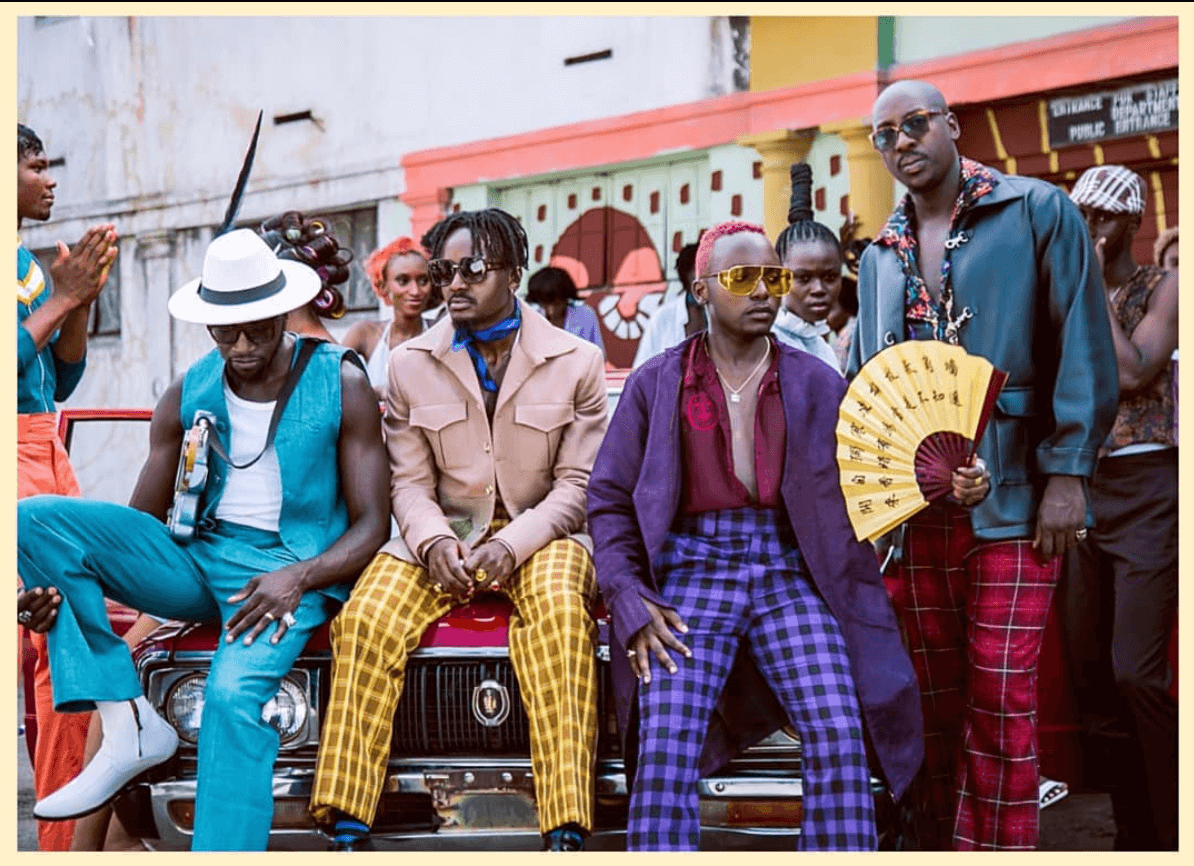Happy Valentine’s Day!
Since we’ve done one for Nigeria, it’s only fair to piece together another post with love songs from across Africa. Here’s a selection of some of my favorite love songs outta Africa in the last couple of years. Considering all the beautiful content coming out of the different regions, you can imagine how tedious this has been for me. However, I managed to streamline it down to 20 African love songs you should be listening to for the rest of the weekend and beyond!
Nigeria is largely omitted for obvious reasons. Other regions/countries represented here include:
- West Africa (Ghana, Senegal, Guinea)
- Central Africa (Cameroon, Congo)
- East Africa (Kenya, Tanzania)
- Southern Africa (S. Africa, Mozambique, Zimbabwe, Angola).
Sauti Sol – Suzanna [KENYA]
Sarkodie ft. Maleek Berry – Feelings [GHANA/NIGERIA]
Mafikizolo – Ngeke Balunge [SOUTH AFRICA]
Medikal ft. KiDi – Come Back [GHANA]
Mbosso ft. Reekado Banks – Shilingi [TANZANIA/NIGERIA]
Zinnia – Overload [CAMEROON]
KiDi – Enjoyment [GHANA]
Hiro – Pas Pareil [DR CONGO]
King Promise – Commando [GHANA]
Rayvanny ft. Messias Maricoa – Teamo [TANZANIA/MOZAMBIQUE]
MHD ft. Dadju – Bebe [GUINEA/SENEGAL/CONGO]
The post 20 African Love Songs To Listen To This Valentine’s Day appeared first on Latest Naija Nigerian Music, Songs & Video - Notjustok.
from Latest Naija Nigerian Music, Songs & Video – Notjustok
via EDUPEDIA

Comments
Post a Comment